Press
Press releases
1–12 of 727
Exposure to Banned Plasticiser Persists Among Children, Teenagers

Two years ago, the German Environment Agency (UBA) detected mono-n-hexyl phthalate (MnHexP) in the urine of adults. MnHexP is a breakdown product of the plasticiser di-n-hexyl phthalate (DnHexP), which is considered toxic to reproduction and is therefore not authorised in the EU. The findings could be traced back to contamination of a UV filter used in sunscreens.
German air quality limits were met in 2025

Air pollution control measures are paying off: In 2025, Germany once again complied with all limit values under the European air quality directives. For particulate matter, this marks the eighth consecutive year; for nitrogen dioxide, the second. However, the average exposure to particulate matter and nitrogen dioxide was higher than in previous years.
Blauer Kompass Award aims to discover the best projects to address climate impacts

For 10 years, the Blauer Kompass Award of the federal government has regularly given recognition to innovative projects for climate preparedness and for adapting to the impacts of climate change. The new round of the competition has started, and for the first time, it also includes a dedicated application category for schools. The application deadline is 20 March 2026.
Emissions trading: €21 billion channeled into the Climate and Transformation Fund
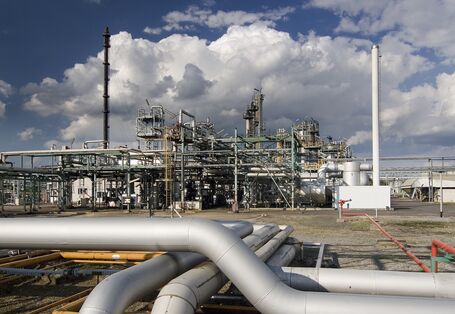
Revenue from the European and the national emissions trading systems in Germany totaled €21.4 billion in 2025. Revenues from these two central market-based climate policy instruments were thus well above the previous year’s result (€18.5 billion). This was reported by the German Emissions Trading Authority (DEHSt) at the German Environment Agency (UBA).
UBA study: How to expand solar power in an environmentally responsible way
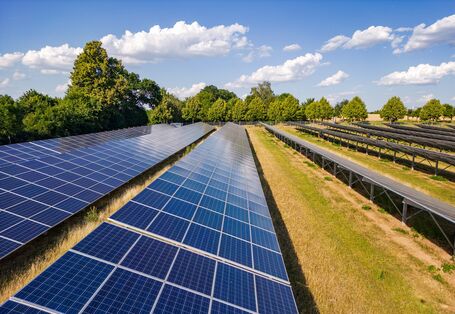
Climate change is accelerating and threatens the foundations of our lives – but there is still time to act. Solar power plays a crucial role in this transition. A new analysis by the German Environment Agency (UBA) shows that if land for solar installations is chosen wisely, solar capacity can be expanded rapidly while safeguarding areas of high ecological and agricultural value.
Building check: Is my house ready for a heat pump?

Many homeowners remain hesitant when it comes to replacing heating systems in existing properties.
Renewable electricity generation with limited growth

Germany’s gross electricity generation from renewable energy is expected to reach 292 terawatt-hours (TWh) in 2025, about 2 percent higher than last year’s output.
How the national 2040 climate target can be achieved
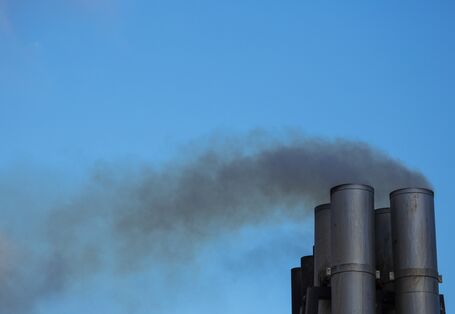
Climate change is advancing rapidly. This makes it all the more important to effectively align economic, societal and political action with the goal of achieving greenhouse-gas neutrality in Germany by 2045. A new study by the German Environment Agency (UBA) shows that this target can still be reached. The short-term climate targets for 2030 must continue to be pursued consistently.
From hemp to high-tech: 14 projects honoured with the German Ecodesign Award
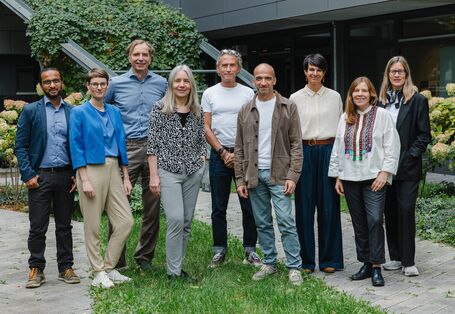
The Federal Ministry for the Environment and the German Environment Agency are celebrating the winners of the German Ecodesign Award 2025 in Berlin. The award-winning projects demonstrate the broad spectrum of sustainable design today. Whether it’s bio-based materials or AI-enabled applications, design here becomes a lever for resource conservation, innovative business models and societal change.
Clean Air at a Glance: UBA Publishes New Air Quality Index and Updated App

How good is the air we breathe? The German Environment Agency’s new Air Quality Index will provide answers based on the latest scientific findings. The index assesses concentrations of air pollutants, evaluates the associated health risks, and offers guidance for the general public as well as vulnerable groups.
CBAM simplified: 90% of Companies Exempt from CO₂ Border Adjustment
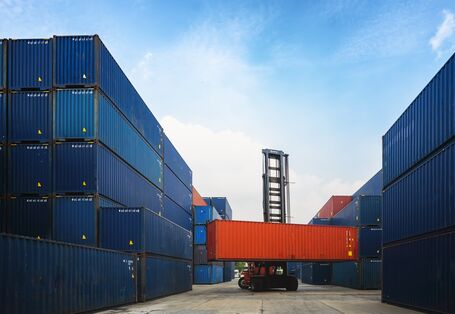
The mechanism, which protects against carbon leakage and thus against the relocation of industrial production outside Europe, will be limited to large import volumes of relevant basic materials produced outside the EU. Small importers in the basic materials sector will be exempt from the obligations as of January 1, 2026.
Two percent can make a big difference

Restoring just two percent of land to rivers and streams could help Germany achieve many of the European water protection goals.This is the result of calculations carried out on behalf of the German Environment Agency (UBA). According to these findings, water bodies in Germany are currently lacking about 7,000 square kilometres of land.